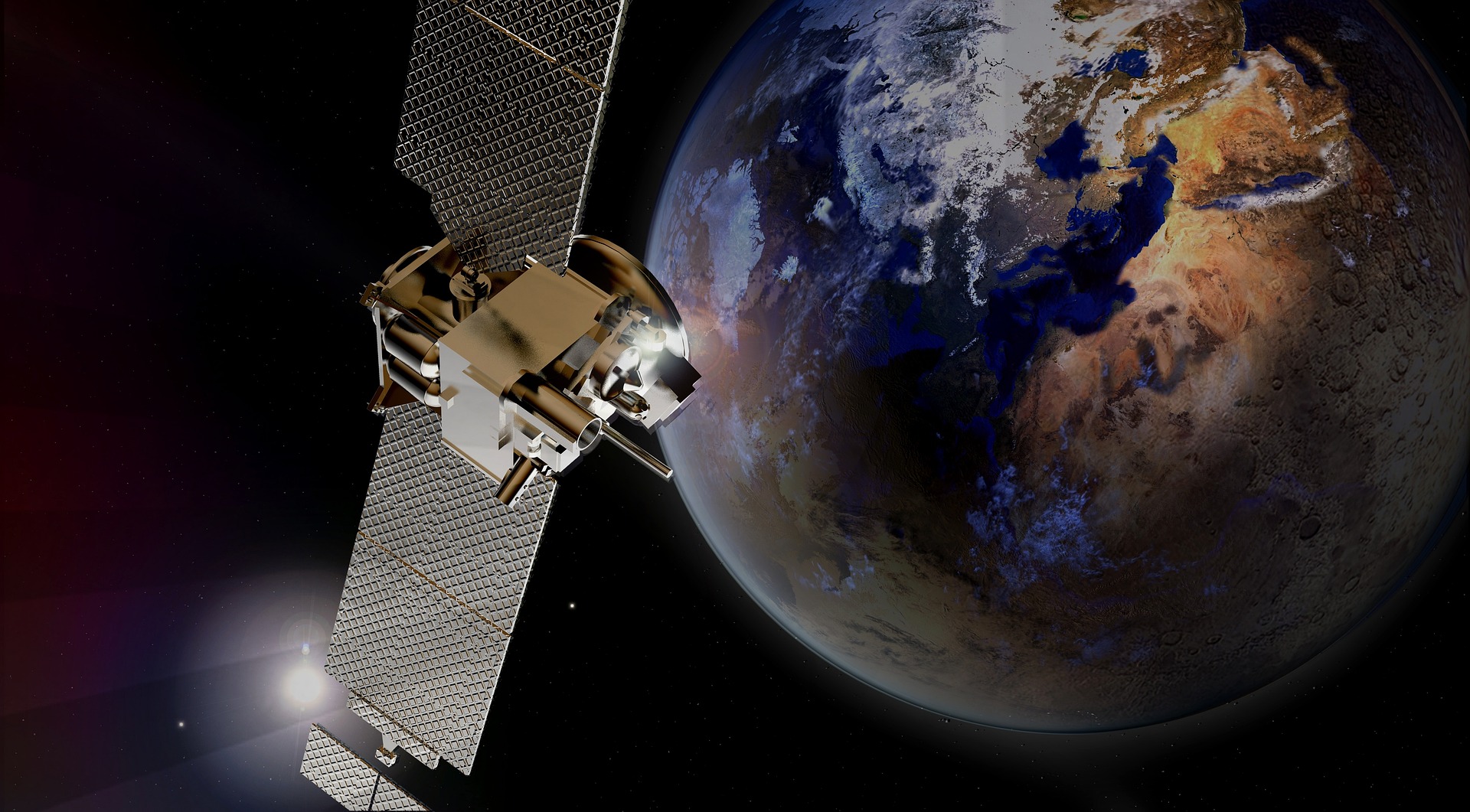Legal Challenges in Space Exploration: The Final Frontier
Introduction: As humanity ventures further into space, a new legal frontier emerges. The complexities of space law, from satellite regulations to extraterrestrial resource extraction, are reshaping international relations and challenging traditional legal paradigms. This article explores the evolving landscape of space law and its far-reaching implications for future space exploration and commerce.
Current Legal Framework
Today, space law comprises a complex web of international treaties, national legislation, and customary practices. The five UN space treaties form the backbone of international space law, addressing issues such as the rescue of astronauts, liability for damage caused by space objects, and the registration of objects launched into space. However, these treaties, drafted in an era of limited space capabilities, are increasingly strained by rapid technological advancements and the growing commercialization of space activities.
Challenges in Satellite Regulation
The proliferation of satellites, particularly in low Earth orbit, has created new legal challenges. Issues of space debris, orbital slot allocation, and frequency interference have become pressing concerns. The International Telecommunication Union plays a crucial role in managing the radio-frequency spectrum and satellite orbits, but the increasing number of satellite constellations launched by private companies is testing the limits of current regulatory frameworks. Legal experts are grappling with questions of liability and responsibility for satellite collisions and the creation of space debris.
Extraterrestrial Resource Extraction
The prospect of mining asteroids and other celestial bodies for valuable resources has sparked a new space race and raised complex legal questions. The Outer Space Treaty’s principle of non-appropriation has led to debates over whether private entities can claim ownership of extracted resources. Some countries, like the United States and Luxembourg, have enacted national legislation to provide legal certainty for space mining companies. However, the international community remains divided on the legality and ethical implications of such activities.
Space Tourism and Private Spaceflight
The emergence of space tourism and private spaceflight has introduced new legal considerations. Questions of passenger safety, liability, and insurance are at the forefront as companies prepare to launch paying customers into space. The distinction between astronauts and space tourists in terms of legal status and protections is still being defined. Additionally, the regulation of suborbital flights that blur the line between air and space law presents unique challenges for lawmakers and regulators.
International Cooperation and Conflict Resolution
As more nations and private entities engage in space activities, the need for effective international cooperation and conflict resolution mechanisms becomes paramount. The existing space law regime lacks robust enforcement mechanisms, relying heavily on voluntary compliance and diplomatic channels. Proposals for a World Space Organization or an international space court have been put forward, but achieving consensus on such institutions remains challenging. The potential for space-based conflicts and the militarization of space further underscore the need for updated legal frameworks and dispute resolution processes.
The Future of Space Law
As space activities continue to evolve, so too must space law. Emerging issues such as space traffic management, the protection of celestial environments, and the governance of potential human settlements on other planets will require innovative legal solutions. The increasing involvement of private actors in space exploration calls for a recalibration of the balance between national interests, commercial rights, and the common heritage principle. Legal experts, policymakers, and the international community must work together to ensure that space law keeps pace with technological advancements and societal needs while preserving the fundamental principles of peaceful exploration and cooperation in space.
In conclusion, the legal challenges in space exploration represent a fascinating intersection of law, technology, and international relations. As humanity extends its reach beyond Earth, the development of a comprehensive and adaptable legal framework for space activities will be crucial in ensuring the peaceful and sustainable use of the final frontier. The evolution of space law will undoubtedly shape the future of space exploration, commerce, and potentially, human civilization itself.







